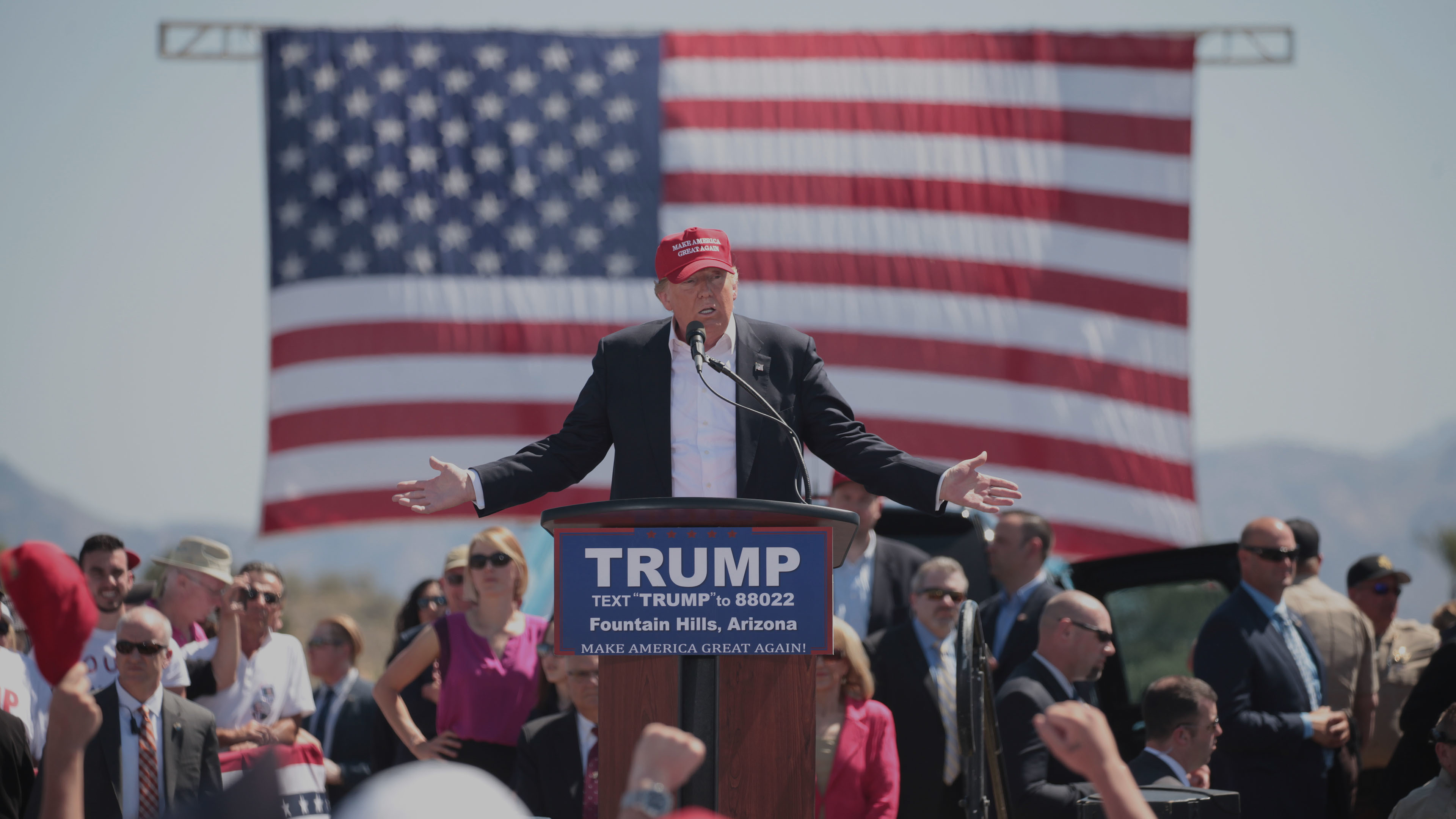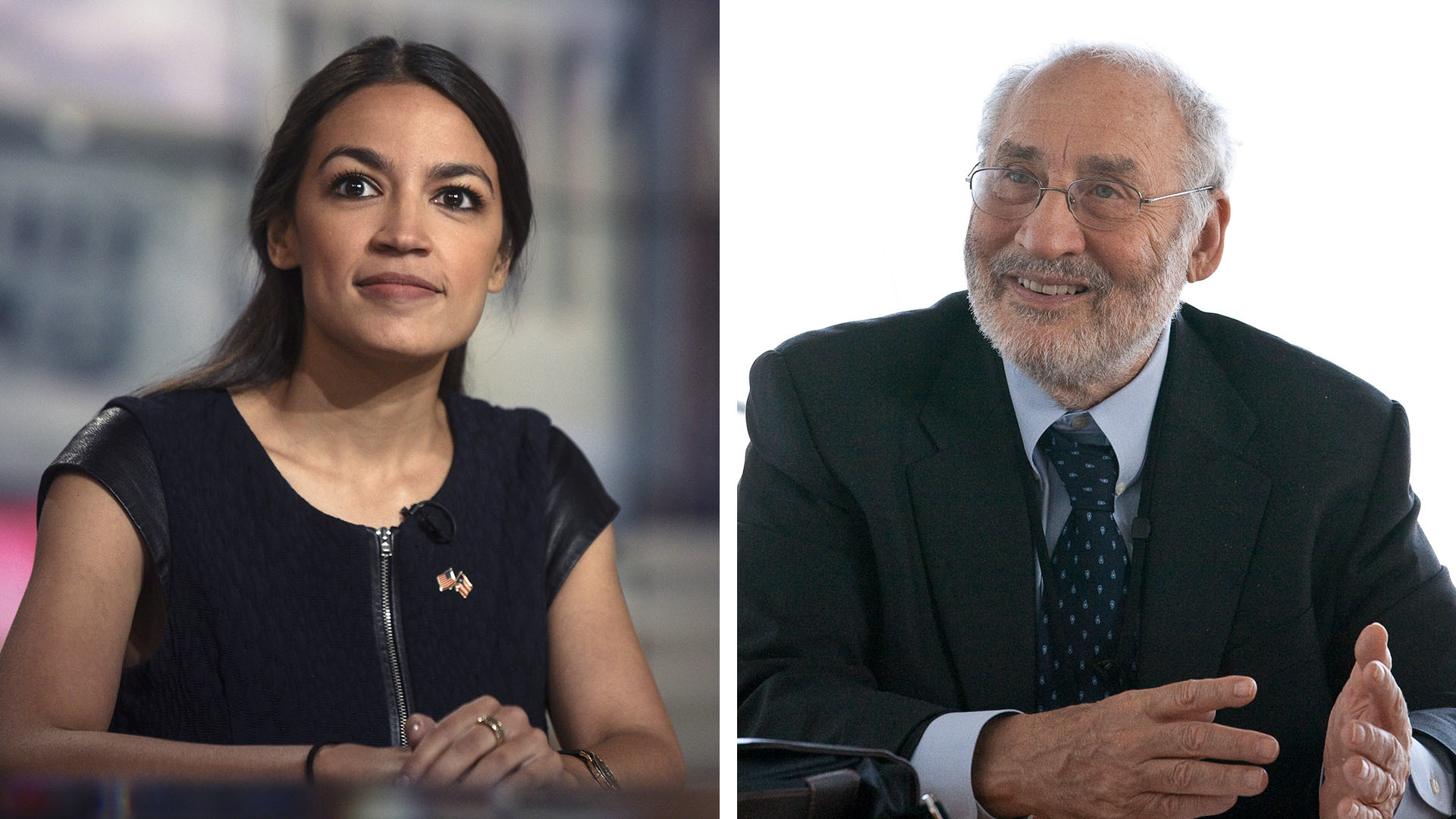Articles
Articles and analyses from the INET community on the key economic questions of our time.

Science and Subterfuge in Economics
John Kenneth Galbraith noted in 1973 that establishment economics had become the “invaluable ally of those whose exercise of power depends on an acquiescent public.” If anything, economists’ embrace of that role has grown stronger since then.

Why “Green Growth” Is an Illusion
Wishful thinking and tinkering won’t cut it. Nothing short of a mass mobilization for deep de-carbonization across the global economy can avert the looming climate catastrophe.

A Reply to Michael Grubb’s Growth-Decarbonization Optimism from Semieniuk et al
Hope for mitigating climate catastrophe may not be lost, but the scale of political change needed is no cause for optimism

Cheap Talk on Race and Xenophobia Keeps Americans from Confronting Economic and Political Peril
Adolph Reed, who researches race and politics, warns that “identitarian” politics can conceal the structural inequities of capitalism

Big Money—Not Political Tribalism—Drives US Elections
Conventional wisdom asserts that American politics is becoming more and more tribal. But the chiefs of the tribes share a lot in common: dependence on big money.

Joseph Stiglitz and Alexandria Ocasio-Cortez Talk Social and Economic Justice
A Nobel Prize-winning economist and the second-most-famous democratic socialist in America sit down together

The Rise of the Radical Right in Scandinavia
After Sweden’s elections, a look at how immigration and economics explain a political puzzle
When the Levee Broke

Why We Should Worry About Monopsony
When a small group of companies can dominate a labor market, wages—and workers—suffer

America’s Broken Retirement System is a Recipe for Political Chaos
Expanding, rather than cutting, Social Security is the solution
The Mechanics of Cryptocurrency

The Rise of Hedge Fund Activism
How corporate raiders coopted “shareholder democracy” for their own ends